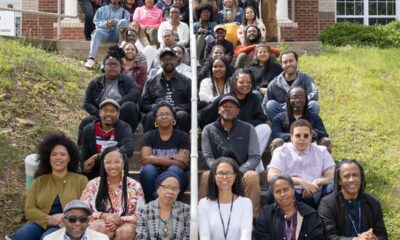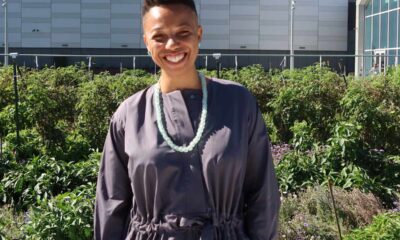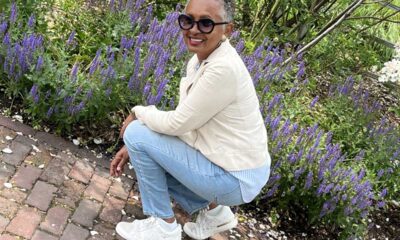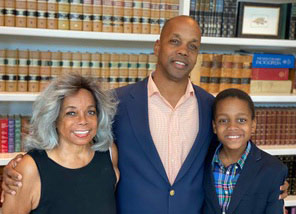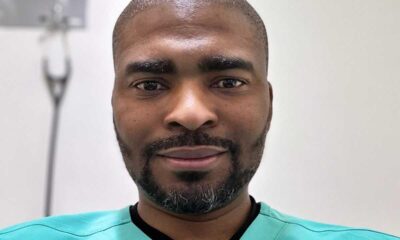Black History
Black Churches and Freedom Schools in Florida are Teaching Black History
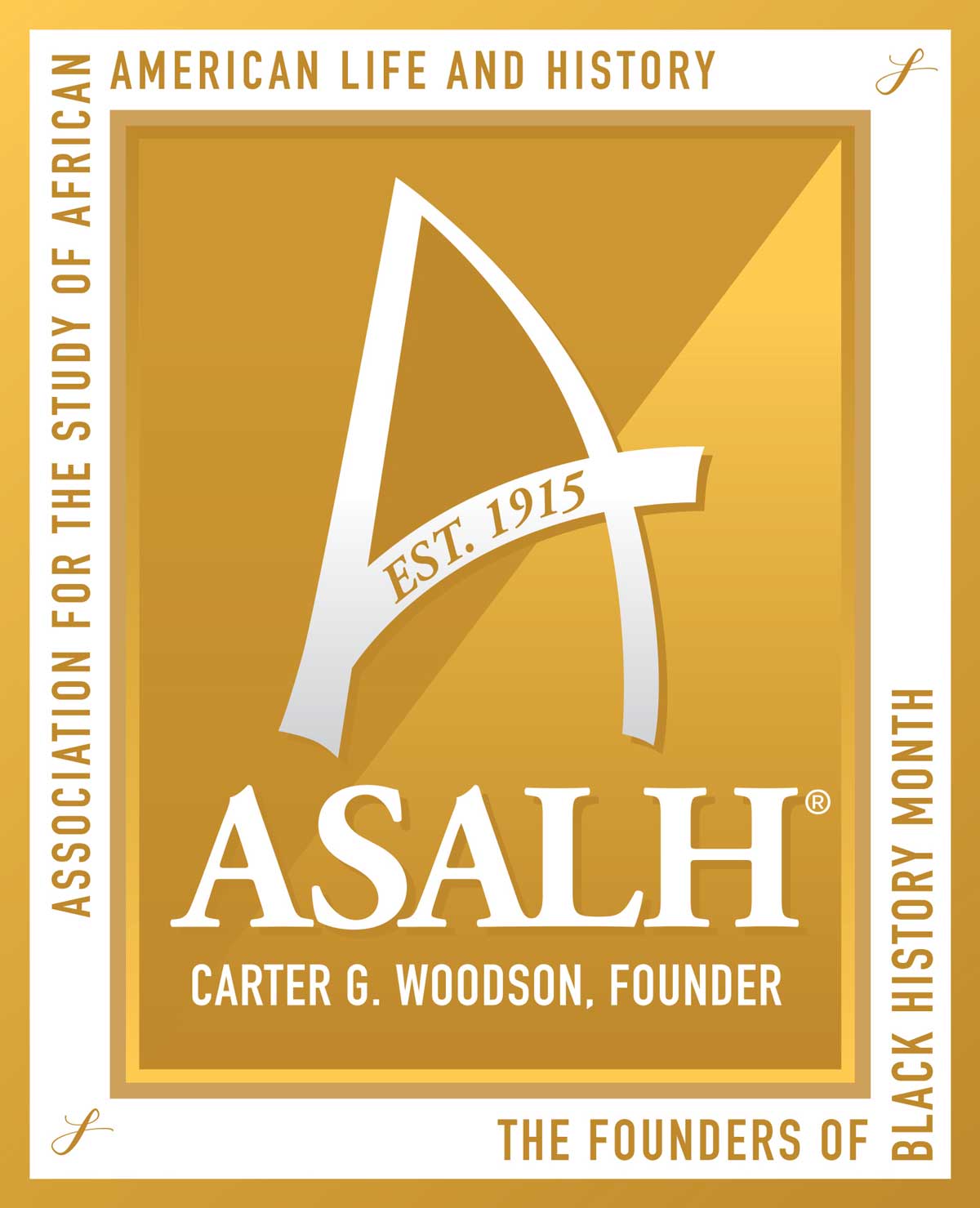
By Fern Gillespie
Black churches and Freedom Schools are now the sites where frustrated Black Florida residents are bringing family and friends to take uncensored classes on Black History.
In retaliation to Florida Gov. Ron DeSantis’ refusal to have AP Black History, banning over 1000 books on race and criminalizing how race is taught in public schools and state colleges, almost 300 churches in Florida have created Black history programs in their communities. Volunteer educators hold weekly classes spanning American slavery, Jim Crow, Civil Rights, Black Lives Matter, and mass incarceration. The nonprofit group Faith in Florida created an online toolkit with books, videos, and other resources about Black history. It includes dozens of books like Ta-Nehisi Coates’ “Between the World and Me” and Michelle Alexander’s “The New Jim Crow”; documentaries like Ava DuVernay’s “13th” and CBS News’ “Trayvon Martin: 10 Years Later”; and lists national and local museums on Black history and culture across the country.
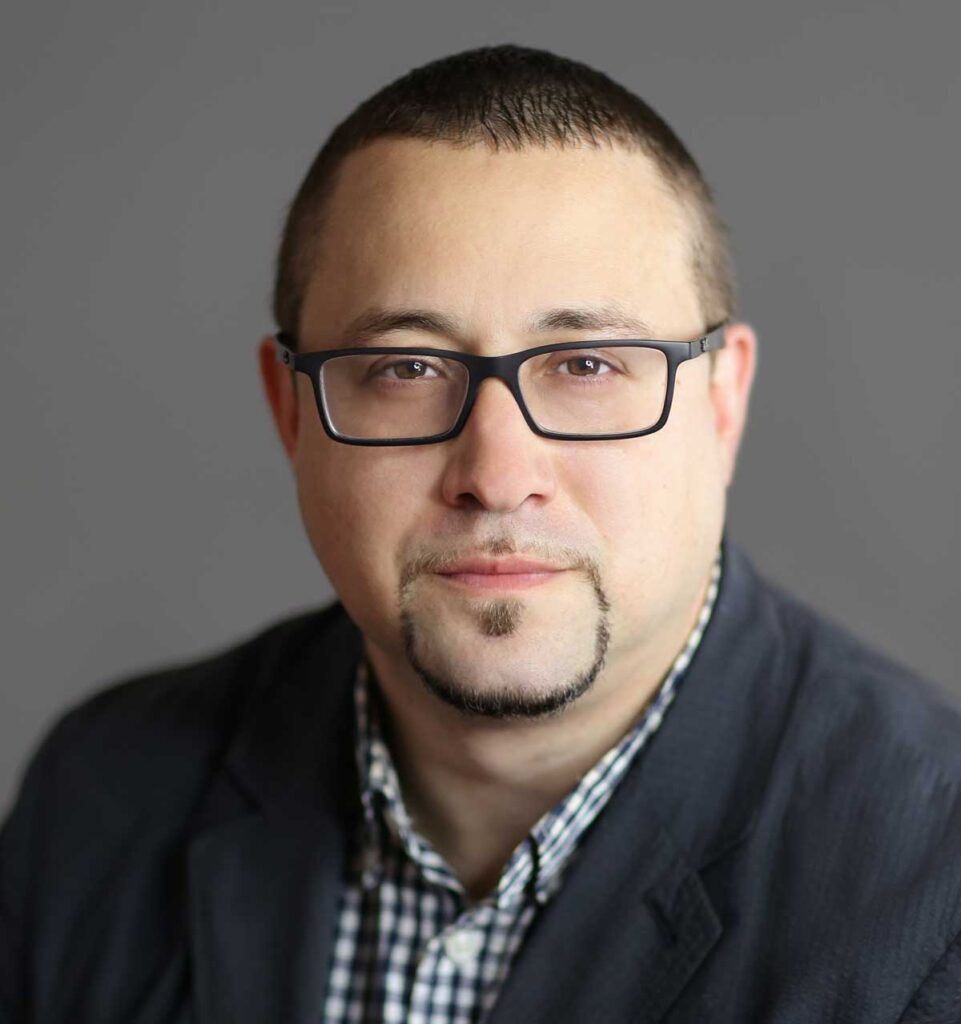
The Association for the Study of African American Life and History (ASALH), where founder historian Carter G. Woodson launched Black History Month, has opened Freedom Schools, which were part of the Civil Rights Movement.
“The Association for the Study of African American Life and History has branches in Florida that have started up new Freedom Schools happening on the weekends,” Zebulon Vance Miletsky, Associate Professor of Africana Studies at Stony Brook University, who heads marketing for the Association for the Study of African American Life and History, explained to Our Time Press. “It’s especially important. The fear that went through Black teachers and educators in Florida is a real fear of not only losing one’s job but actually being arrested for committing a felony. That’s what people were told. This is not an exaggeration. These laws were passed in the Florida legislature because if you had state funding, which the schools do, they were subject to the State of Florida’s Department of Education’s standards and policies.”
Freedom schools are not subject to mandates of the Florida Department of Education. “They’re independent. They are going back to a Jim Crow playbook. They are going back into the past. So, we have to dip back to our own playbook in terms of strategy and movement and organizing tactics,” said Miletsky. “Some of the legislation that’s been passed in an effort to invalidate all the work that’s been done on Black History. It’s really like Black American history has been outlawed. It sounds like a really crazy thing to say, but that’s exactly what’s been happening.”
A Brooklyn resident, Miletsky specializes in teaching recent African-American History—spanning Civil Rights and Black Power, Urban History, Mixed Race and Biracial identity, and Hip-Hop Studies. He’s the author of “Before Busing: A History of Boston’s Long Black Freedom Struggle” and holds a doctorate in African American Studies with a concentration in History from the University of Massachusetts at Amherst.
“I delve into the movement era of the 1960s. The integration years of the 1970s. I look at how all those different factors played into the post-Civil Rights era after all the gains of the movement,” he said. “I examine the Nixon years. The years of Reagan and how that affected the black community with his welfare queen statements. It ties in with the 1980s drug wars. In the Clinton years, the president they said was the “first Black president” at the time, but when you look at his policies, you can see how centrist he was, and some of the laws that he signed were part of the building up of mass incarceration.”
Working with his GenZ college students, Miletsky has some optimism for the next generation. “The generation that came through already took all the Black Studies courses,” he explained. “They were out there marching for George Floyd and saying Black Lives Matter. White and Black students were at the rallies and marches in solidarity. Our only hope is to affect the next generation.”


